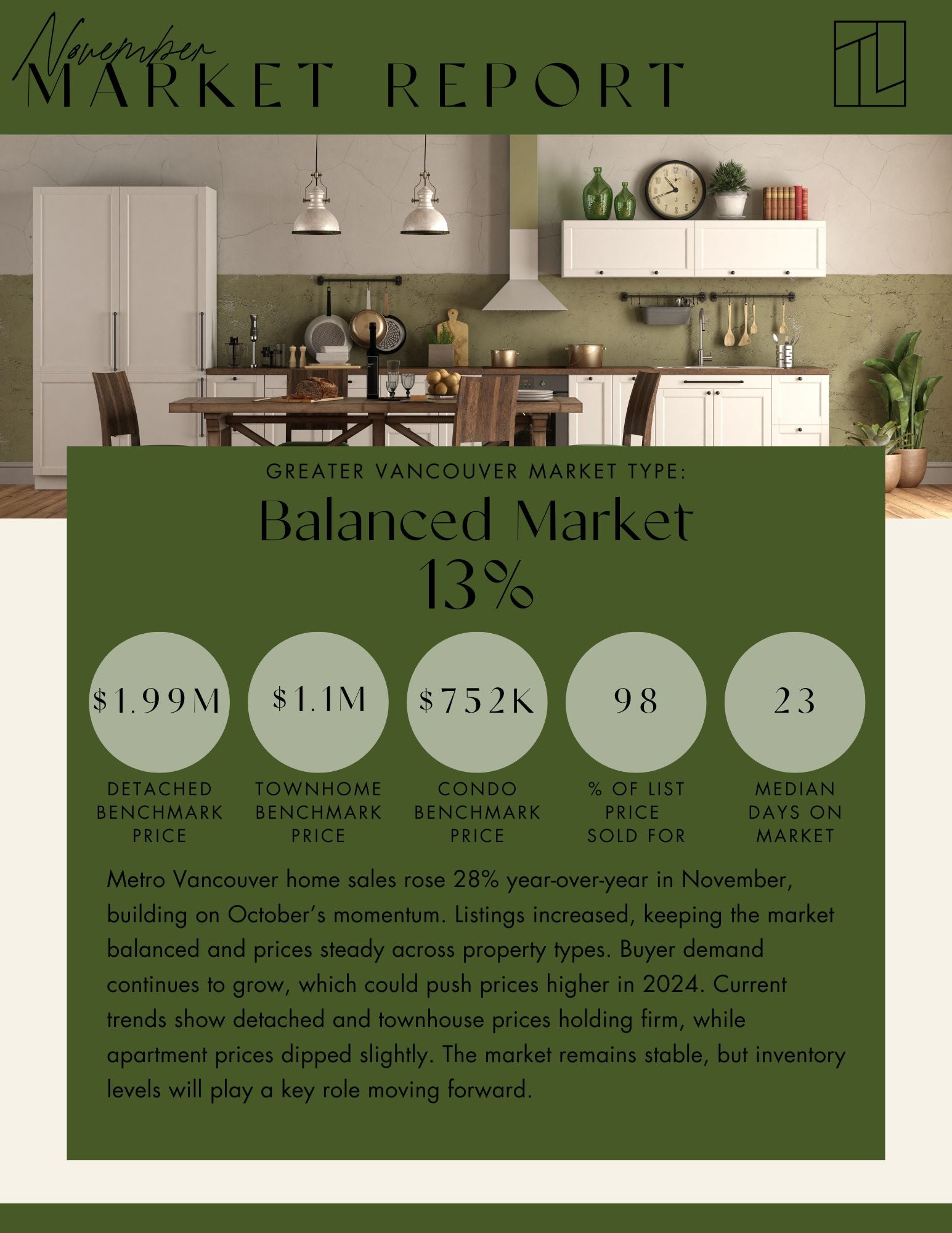
When you’re buying a home in British Columbia, one of the first financial commitments you’ll make is the deposit. It’s a key part of the process and often raises questions, especially for first-time home buyers or buyers who haven’t made a home purchase in many years. In this post, we’ll break down what a deposit is, how it works, and answer some of the most common questions about this important part of purchasing a home.
What Is a Deposit, and What Is It For?
A deposit is a sum of money that a buyer pays as a show of good faith when they enter into a purchase agreement for a property. It reassures the seller that you’re serious about the purchase and provides a measure of security for both parties. If the deal goes through, the deposit becomes part of your downpayment (more on this later).
The deposit is typically held in trust by the seller’s brokerage or lawyer until the transaction is complete.
How Much Is a Typical Deposit?
The amount of a deposit is negotiable but in British Columbia, a typical deposit is 5% of the purchase price of the property. For example, if you’re buying a home for $800,000, your deposit would likely be around $40,000.
The exact amount can vary depending on market conditions, the property, and what is negotiated between the buyer and seller. In competitive markets, sellers may expect a larger deposit as a sign of commitment, or a buyer may offer a larger deposit to make their offer more appealing.
Deposit vs. Downpayment: What’s the Difference?
It’s easy to confuse a deposit with a downpayment, but they’re not the same thing.
• The deposit is a smaller amount paid shortly after an offer is accepted on a condition-free offer, or subjects are removed on a conditional offer. It becomes part of your total downpayment.
• The downpayment is the total amount of money you’re putting forward yourself minus the deposit you already paid.
Let’s say for example you purchase a home for $800,000 and your total downpayment is $100,000. After subject removal, you pay a $40,000 deposit and then the remaining $60,000 of the downpayment would be paid on closing day.
When Is the Deposit Paid, and to Whom?
The timing of the deposit is usually outlined in the purchase agreement. Typically, it’s due within 24 hours after the seller accepts your subject-free offer or after subjects are removed.
The deposit is paid to the buyer’s agent’s brokerage and held in their trust account until the transaction is complete. Trust accounts are heavily regulated, providing security for both buyers and sellers. You should never pay a deposit directly to the seller as there is a risk they won’t return it, or fraud is being committed.
Can You Use RRSP Funds for Your Deposit?
Yes, you can use funds from your RRSP (Registered Retirement Savings Plan) for your deposit through the Home Buyers’ Plan (HBP).
The HBP allows first-time homebuyers to withdraw up to $60,000 per person ($120,000 per couple) from their RRSPs tax-free, provided the funds are repaid over 15 years.
However, accessing your RRSP funds may take a few days, so make sure the timing aligns with your deposit deadline. If you’re planning to use your RRSP, talk to your lender and financial advisor early in the process.
What Happens If the Buyer Can’t Complete the Sale?
If a buyer fails to complete the purchase, the deposit usually serves as compensation for the seller for breaking the contract.
However, the situation can become more complex if the seller claims additional damages (e.g., if they had to sell the property for a lower price later). In these cases, disputes may arise, and the deposit could be tied up in legal proceedings.
For buyers, this is why it’s crucial to ensure your financing is in place and all conditions are met before entering into a binding agreement.
Need Help Navigating Deposits?
Understanding the ins and outs of deposits is just one part of the home-buying process, and it’s normal to have questions. If you have questions about the process, feel free to reach out, I’d be happy to help clarify any questions or concerns you might have!